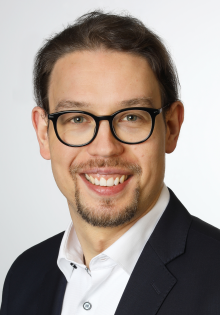Leidig, S., Köhler, H., Caruso, C., & Goller, M. (2022). Q Method: Assessing subjectivity through structured ranking of items. In M. Goller, E. Kyndt, S. Paloniemi, & C. Damşa (Hrsg.), Methods for researching professional learning and development: Challenges, applications, and empirical illustrations (S. 441-466). Springer. https://doi.org/10.1007/978-3-031-08518-5_20
Abstract
Q is an exploratory method used to elicit discrete patterns of subjectivity (e.g., subjective theories, beliefs). To be more concrete, Q method aims to identify homogeneous latent clusters of viewpoints towards a certain topic from a larger more heterogeneous set of (a priori unknown) different viewpoints held by respondents in the population. For this purpose, study participants are asked to sort qualitative statements concerning a certain topic (e.g., their beliefs toward something) into a grid roughly following a normal distribution indicating whether they agree or disagree with the given propositions. This results in a so-called Q-sort for each participant that then can be fed into a factor analysis that compares the different Q-sorts and groups them by similarity. In the first part of the chapter, Q method is introduced. The second part of the chapter describes a small study focusing on student teachers and their perspectives concerning upcoming long-term school internships.
Keywords
Q method, Subjectivity, Internships, Teacher education, Q sort
Hier geht es direkt zur Publikation.


